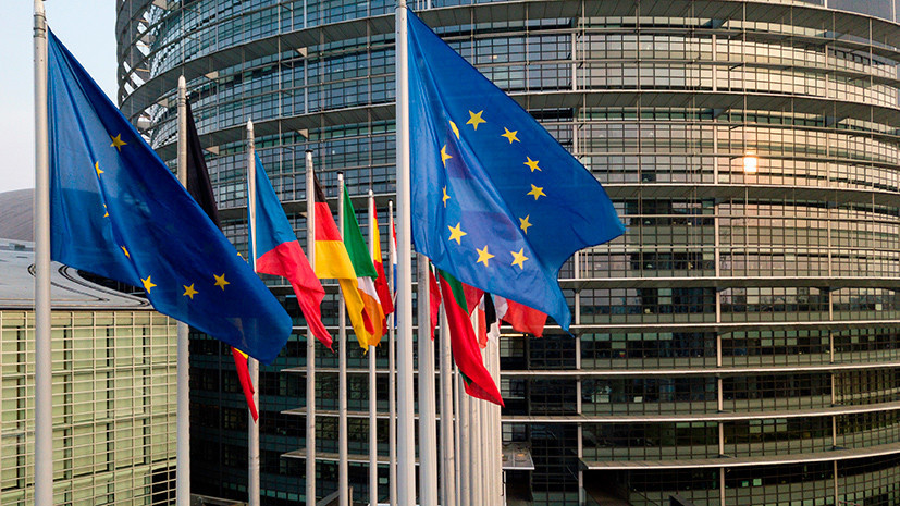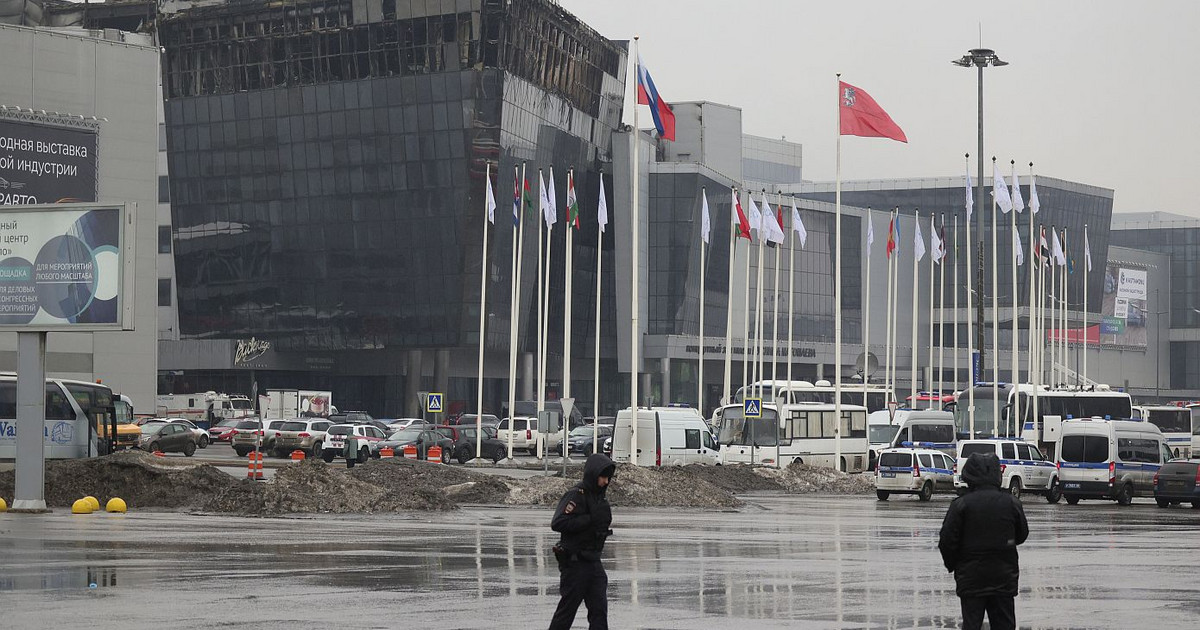The Chamber of Deputies finalized, this Tuesday night (9), the vote in the first round of the proposed amendment to the constitution known as PEC dos Precatórios. Of the 11 highlights – devices that allow changes to the content of the article – one was accepted.
The highlight prohibits the relaxation of the Golden Rule, a rule that establishes that the government has to issue debt beyond its investment capacity, except in cases of current expenses – related to the cost of public machinery. The passage, which changed the fiscal rule, provided that non-compliance with the Golden Rule would be authorized by the National Congress even during the vote on the following year’s Budget.
With the approval of the highlight, the standard will continue as it is today. Since 2018, the Golden Rule has been broken by the federal government. This year, the insufficiency is estimated at R$93.9 billion.
Now, with the conclusion of the analysis of the highlights, the proposal still has to be voted on in the second round by the Chamber, which should take place this Tuesday night (9). To be approved in this second vote, the PEC needs at least 308 deputies, out of 513. Only then will the text be sent for analysis by the Federal Senate.
Negotiations
Since last Monday (8), the Planalto Palace has been working to garner votes among parliamentarians. That’s because, last week, during the first round vote, the PEC was approved by only four votes more than the minimum necessary.
However, the day began with a setback for the governing base, which lost votes from PDT deputies. After criticism from the former governor of Ceará Ciro Gomes and the suspension of his candidacy for the Presidency of the Republic, the party pressured the parliamentarians who had voted in favor of the PEC in the first round. With that, after a meeting in the beginning of this Tuesday afternoon, the party directed a vote against the proposal, causing the government to lose about 10 votes within the party.
Even so, the government continued to exert pressure. Deputies from the base were called to vote, in an attempt to increase the quorum, which, in the first round, had been 456 parliamentarians. At the same time, pressure on parties such as the MDB, PSDB and PSB increased, both from the government and from the opposition, which continued to obstruct votes.
Understand
The Bolsonaro government’s commitment to opening fiscal space in 2022 to finance the new social program Auxílio Brasil, which replaces Bolsa Família, the initial purpose of the precatório PEC was to postpone and split the payment of the Union’s debt in precatório and court rulings . The amount for next year is almost R$90 billion.
With mandatory payment provided for in the Federal Constitution, court orders are debts owed by the government to individuals, legal entities, or even from a federation entity to another, already definitively decided – final and unappealable – by the Judiciary. The debt can be owed by municipalities, states or the Union.
Amidst the negotiations, the text gained provisions that expand the spending ceiling and circumvent other fiscal rules. According to the Ministry of Economy, the space opened up by the proposal will be around R$91 billion, R$44.6 billion of which is the result of the sub-ceiling stipulated for the payment of court orders and another R$47 billion due to the change in the ceiling correction rule of spending.
Auxílio Brasil alone will be responsible for consuming R$ 50 billion of the total amount. Part of the remaining funds should be used to increase the amount to be transferred to parliamentarians in 2022 through amendments to reports, known as RP9, and the electoral fund.
Reference: CNN Brasil
I am Sophia william, author of World Stock Market. I have a degree in journalism from the University of Missouri and I have worked as a reporter for several news websites. I have a passion for writing and informing people about the latest news and events happening in the world. I strive to be accurate and unbiased in my reporting, and I hope to provide readers with valuable information that they can use to make informed decisions.






